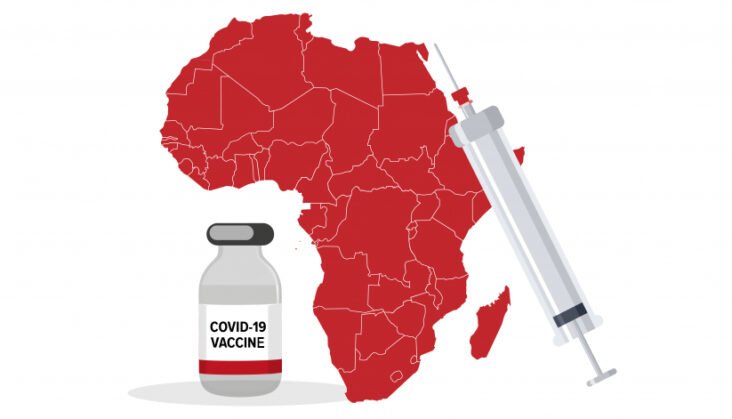By Asmau Ahmad
A South African Professor, Helen Rees, has urged African countries to strengthen research and develop new technologies to make Africa’s vaccination efforts more efficient.
Prof. Rees, who is the executive director of Wits Reproductive Health and HIV Institute, said this is to enable Africa to prepare adequately ahead of pandemics.
She spoke during a virtual press briefing held on Thursday by the World Health Organisation on COVID-19 & routine immunisation in Africa.
She said, “the first thing we need to think about is we tend to say manufacture, but manufacture is in a whole line of development, it’s the end. What we need to do is start at the beginning and strengthen vaccination research, lab research and clinical trial research.
“On the one hand and we have already seen that the network of laboratories for COVID-19 has really grown.”
“Manufacturing is a science and a skill all on its own and we need to build that up, the whole scope from A-Z needs to be strengthened,” she added.
According to the Professor, Africa is more dedicated to needles and syringes instead of thinking about new technologies.
During the COVID-19 pandemic, there was a shortage of needles and syringes and that was a shortage not only for COVID-19 vaccines but a global shortage.
“There are other technologies that we can think about, we are thinking about them for COVID-19 and we should think about them more generally, we need to think about new technologies like intranasal technologies, patches that you can apply.”
“If you have simpler technologies, it means your rollout is easier, it is easier to roll out an oral polio vaccine than it is something with a needle and syringe.
“So, we need to say what is the appropriate set of technologies for our setting and also to try and create vaccines that have got more and more antigens in them if we can do that, that means fewer vaccines, fewer visits and cost to health service,” she said.
Rees also urged African countries to focus more on vaccine-preventable diseases like Lassa fever.
According to her, there are efforts now with groups like CEPI, to try and invest in these vaccines.
She however noted that if Africa wants to be prepared for the next pandemic, it needs to look at the whole roll of pathogens that we have.
“Ebola, we know about, but there are many other pathogens that we do not have vaccines for and we need to urgently commit to developing those,” Rees stressed.
“We should seize this moment because the African Union has been vocal, ministers have been extremely vocal, we should seize the moment not only for manufacturing but to say that vaccines are incredibly important for the development of our continent,” the South African professor said.
Also speaking at the press briefing, the Director of Communicable and Non-Communicable diseases, WHOs Regional Office for Africa, Dr. Benido Impouma, said, “Across the region, tens of millions of people are still missing out on the scheduled immunisation against vaccine-preventable diseases.
“Over the past year, for instance, outbreaks of vaccine-preventable diseases have increased in our region.
“For example, between January and March 2022, around 70,000 cases of measles were recorded, and this is a 400 per cent increase compared to the same period last year.
“Outbreaks of other vaccine-preventable diseases have also become more common, for instance, 24 countries in our region confirmed outbreaks of a variant of polio last year, which is four times more than in 2020, also.
“Last year, 13 countries reported new yellow fever outbreaks in the African region compared to nine in 2020 and three in 2019.”




